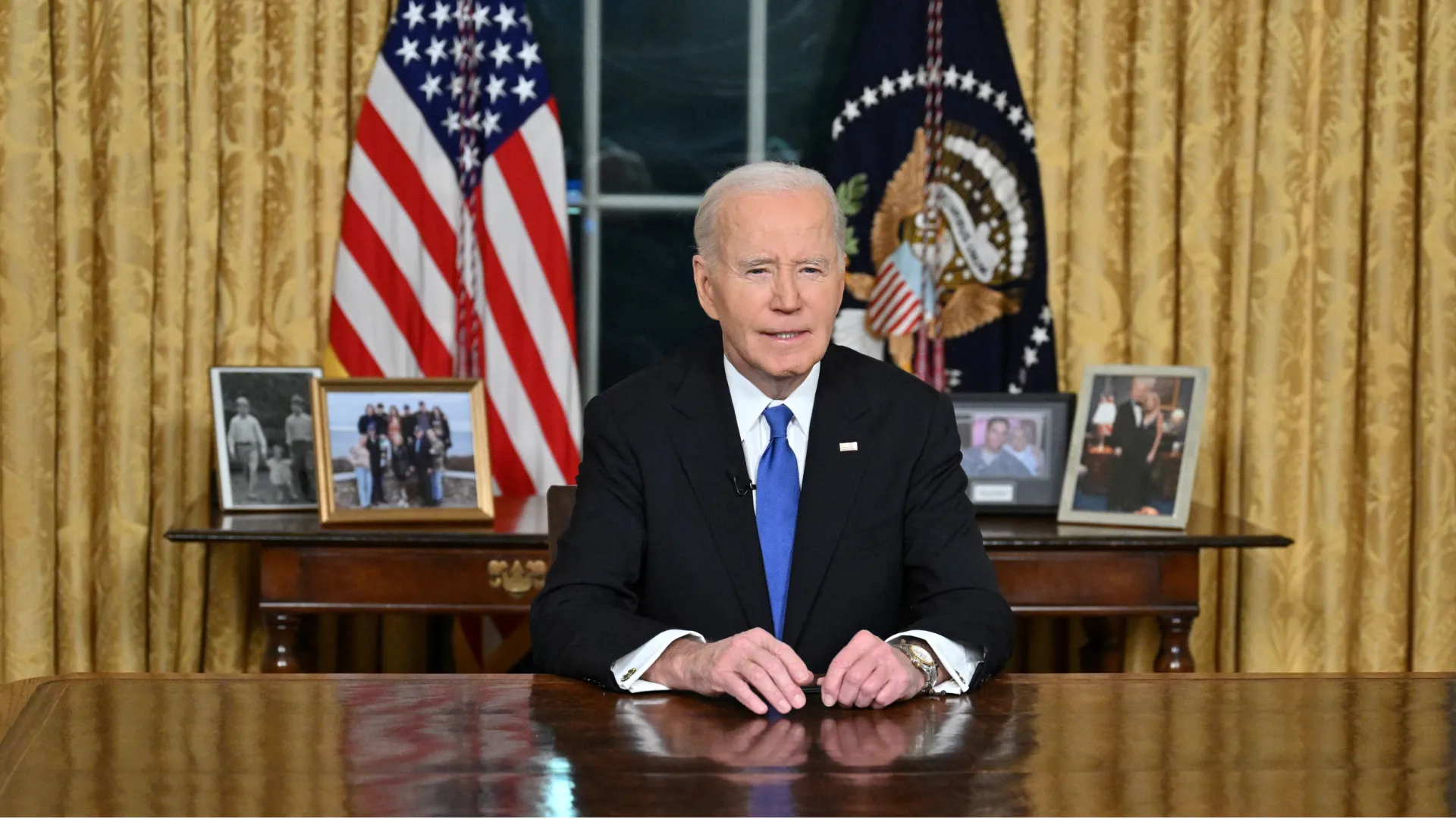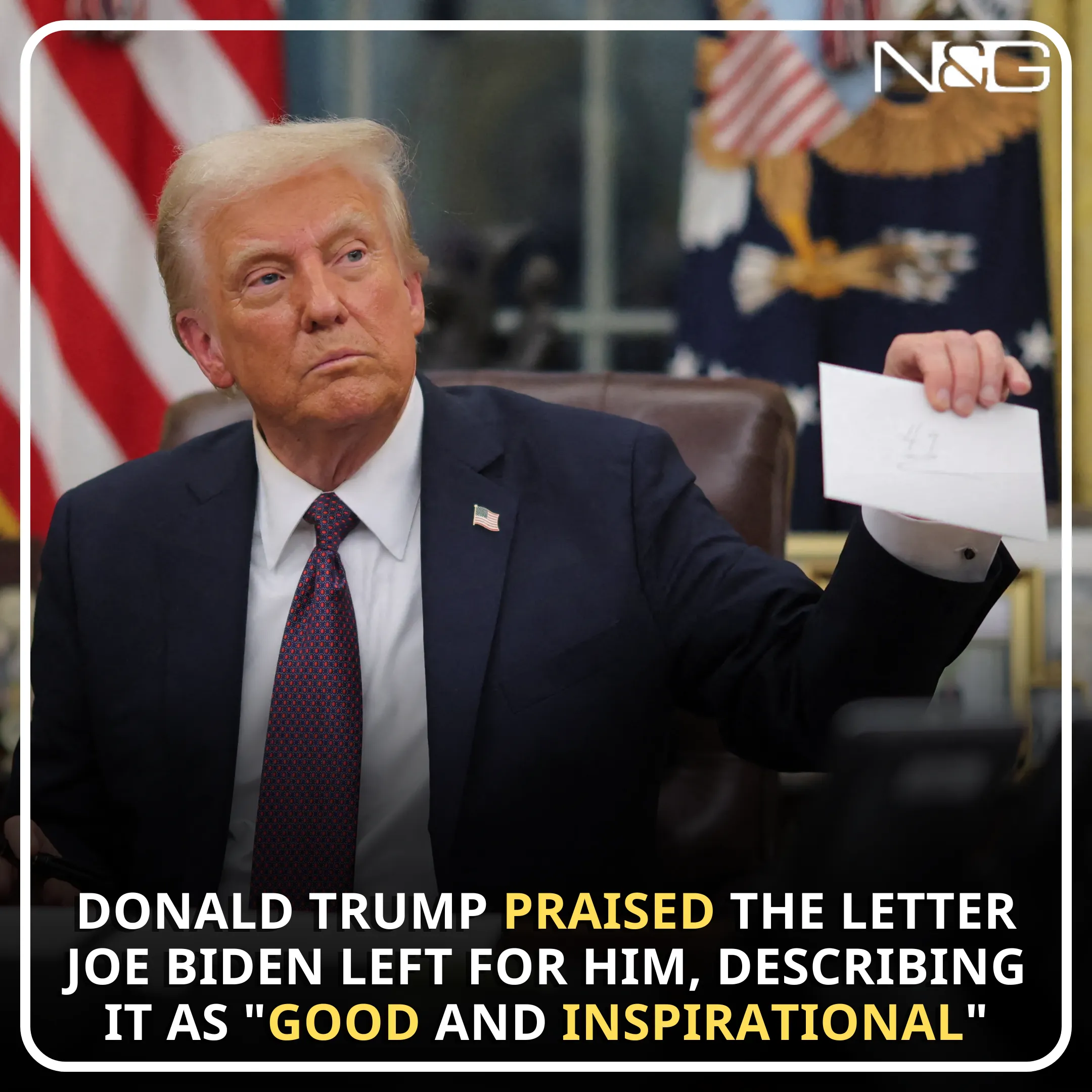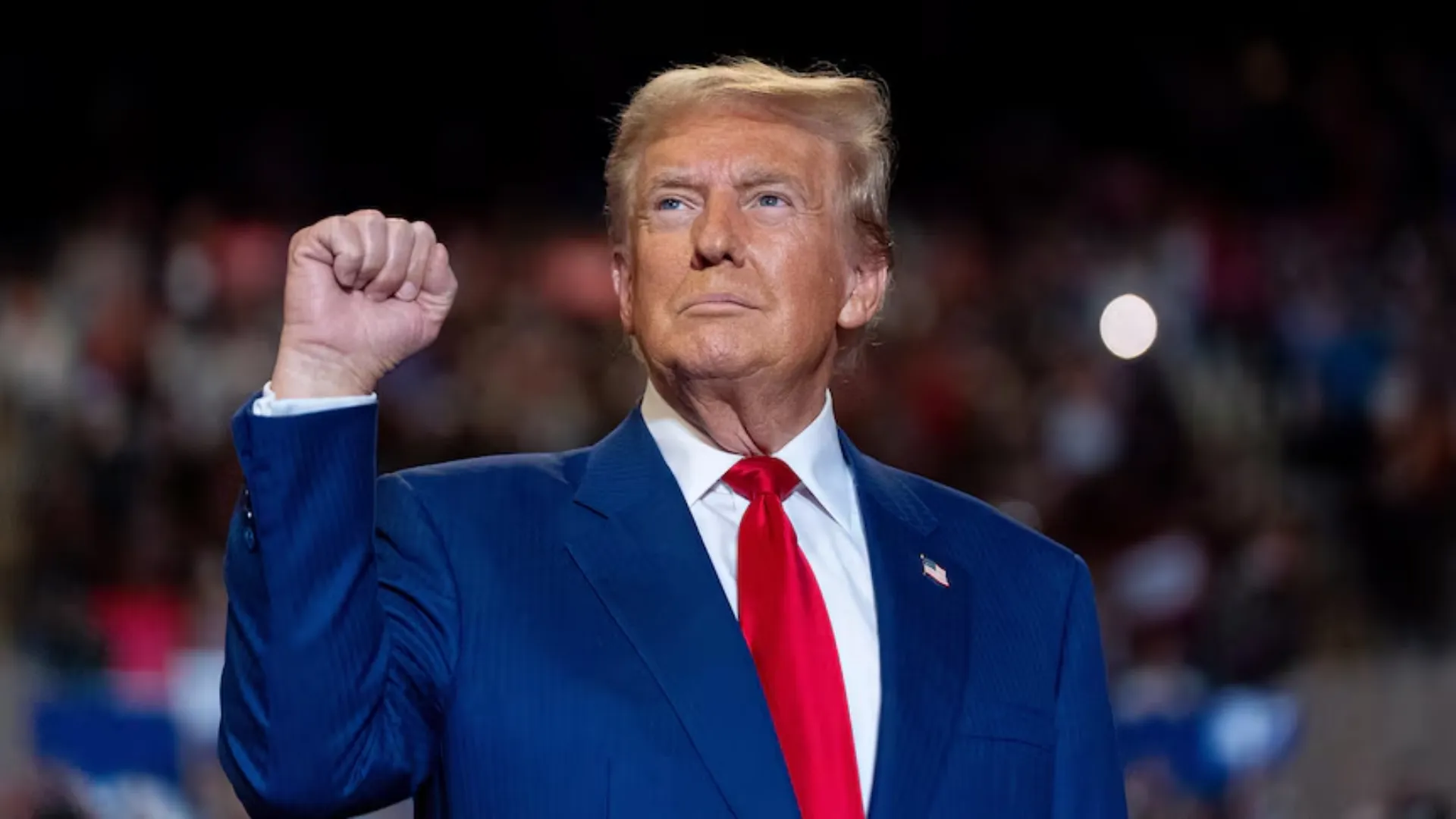
Newly sworn-in President Donald Trump used his inaugural address to lay out an ambitious and controversial policy agenda. Among the key points, he announced the revocation of the electric vehicle mandate, framing it as a step toward revitalizing the American auto industry. “We will end the Green New Deal and revoke the electric vehicle mandate, saving our auto industry and honoring my pledge to American auto workers,” he declared. Trump emphasized that this would allow Americans to buy the vehicles of their choice and promised a resurgence in domestic automobile manufacturing.
Trump’s remarks included gratitude toward auto workers, whom he credited for their “inspiring vote of confidence.” He noted that his administration’s policies would prioritize their interests. This policy shift marks a sharp departure from initiatives under the Biden administration, which promoted electric vehicles and implemented stringent tailpipe emission rules to encourage a transition to clean energy.
Addressing energy policy, Trump declared a “national energy emergency” to combat rising costs, a cornerstone of his campaign promises. “We will drill, baby, drill,” he said, blaming inflation on overspending and escalating energy prices. Trump vowed to direct his Cabinet to leverage their powers to lower the cost of goods and increase domestic oil production. He characterized his approach as a stark contrast to the climate-focused policies of his predecessor, asserting that his administration would fully support the fossil fuel industry.

Trade policy also featured prominently in Trump’s address, with a pledge to overhaul the U.S. trade system to benefit American workers and families. “We will tariff and tax foreign countries to enrich our citizens,” he announced. To facilitate this, he proposed establishing the External Revenue Service to collect tariffs and duties, predicting “massive” financial gains for the nation’s treasury.
In a move that drew significant attention, Trump declared his intention to rename the Gulf of Mexico as the Gulf of America. “America will reclaim its rightful place as the greatest, most powerful, and most respected nation on Earth,” he said. Trump also addressed alleged treaty violations by Panama, accusing the country of overcharging American ships for access to the Panama Canal. He claimed that the canal’s current operations violated agreements and vowed to take action to restore fairness.
On matters of defense and diplomacy, Trump positioned himself as both a “peace maker and unifier” while committing to build the “strongest military the world has ever seen.” He underscored the importance of avoiding unnecessary wars and emphasized ending ongoing conflicts. “We will measure success not just by the battles we win but by the wars we avoid,” he told the applauding crowd.
Trump also set his sights on space exploration, pledging to pursue “manifest destiny into the stars.” He vowed to launch American astronauts to Mars to plant the Stars and Stripes on the planet. His vision extended to renaming landmarks, including restoring Denali to its previous name, Mount McKinley.

Turning to social policies, Trump advocated for a “colorblind and merit-based” society. He announced plans to end government diversity, equity, and inclusion programs, framing them as forms of social engineering. “This week, I will end policies that attempt to engineer race and gender into every aspect of life,” he said. Trump affirmed that the federal government would officially recognize only two genders, male and female, marking a significant shift in social policy.
Throughout the speech, Trump cast his vision as one of reclaiming American greatness, promising bold actions to fulfill his campaign promises. His address reflected a blend of populist rhetoric, sweeping policy proposals, and divisive themes that will likely shape the early months of his administration.



